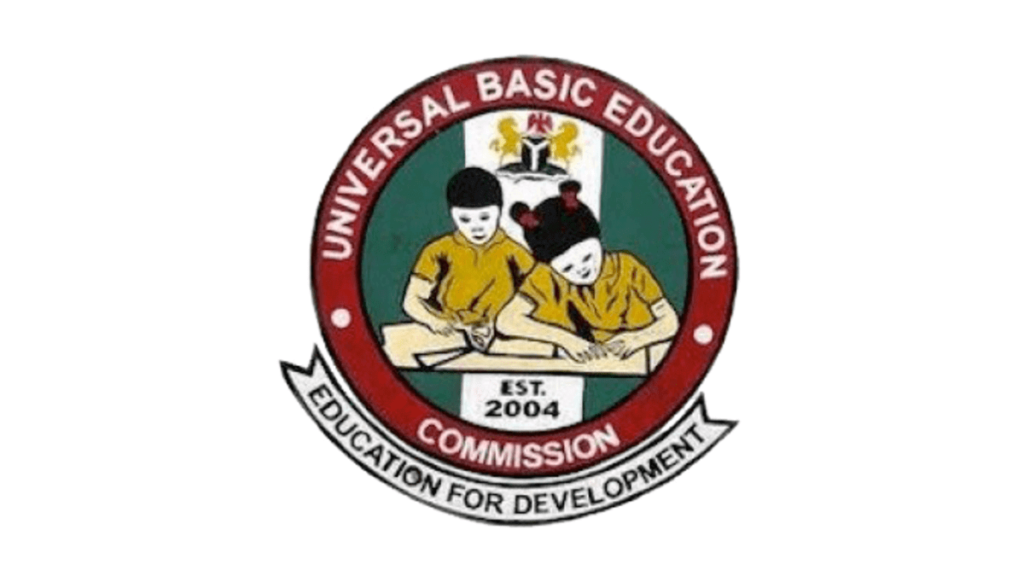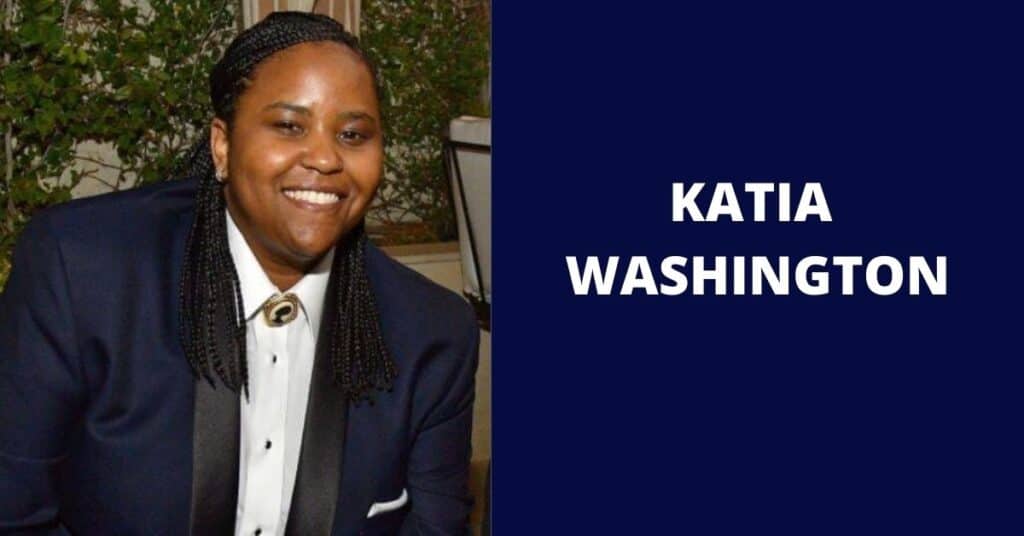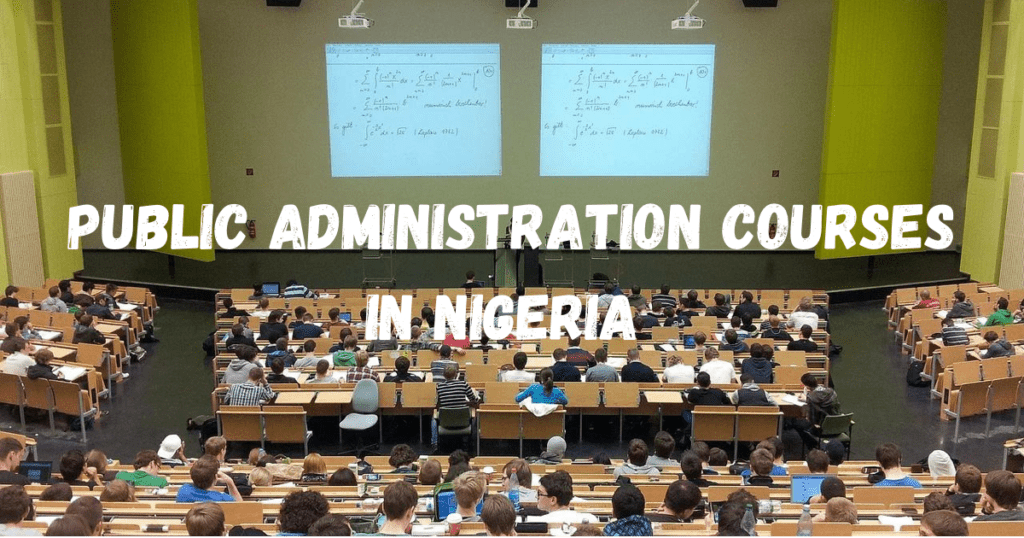Universal basic education is a term used to describe the fundamental education that every child should receive regardless of their socioeconomic background.
It is a fundamental human right and is essential in helping individuals develop the skills and knowledge they need to succeed in life. The importance of universal basic education cannot be overstated as it is the foundation upon which a person’s future is built.
As part of our discussion in this post, we will explore the history of the Universal Basic Education program In Nigeria and the roles and responsibilities of the commission handling it.
Also, read about Delta State Ministry of Basic and Secondary Education.
What is Universal Basic Education?
Universal Basic Education is an education policy created to provide education for children in Nigeria. The mandate of the policy is to ensure that every child has access to quality basic education. Consequently, improving standards of education and curbing illiteracy rise in Nigeria.
History of Universal Basic Education
Civilization brought about the necessity for the advancement and revival of education. There has been discussion of developing a program with duties similar to those handled by Universal Basic Education.
The present idea of UBE, however, didn’t come into existence until the 20th century, when several nations enacted laws requiring all citizens to attend school.
When the Nigerian government realized the necessity for an extensive educational system that could guarantee every kid in the country access to basic education in 1999, the idea of Universal Basic Education (UBE) was first promoted.
The Universal Basic Education Act, which was passed in 2000, marked the official beginning of the UBE program. Every Nigerian government was required by the legislation to provide free and required basic education for all children between the ages of 6 and 15 throughout the country.
The UBE program was created to offer a comprehensive education that covered not just the fundamental academic areas but also practical life skills and career training. The initiative also stressed the necessity of giving underrepresented and disadvantaged populations, such as girls and young women, access to education.
Some of the clear antecedents that have been implemented before the emergence of Universal Basic education in 1999.
- Development of Universal Primary Education (UPE) in the Western Region (17th January 1955).
- Introduction of Universal Primary Education in the Eastern Region (February 1957). Establishment of UPE in Lagos and Abuja (January 1957).
- The publication of the National Policy on Education (1977)
- Launching of Universal Free Primary Education (6th September 1976)
Additionally, the 1948 Universal Declaration of Human Rights, which proclaimed that everyone has a right to education, had a significant impact on the promotion of UBE by the UN. The Education for All project, which sought to guarantee that every child had access to elementary school, came next in 1990.
Roles and Responsibilities of Universal Basic Education
Universal Basic Education existed because of education and the initiative to provide education for all children in Nigeria from pre-school down to junior secondary.
Therefore, all the activities of the institution involve achieving this aim and thereby promoting literacy and improving education standards. Some of the roles and Universal Basic Education include the following.
Provide access to education for all children
The body is responsible for pushing policies and awareness to give quality education to every child irrespective of their background, gender, ethnicity, disability, or financial capacity.
Enhance literacy and numeracy skills
One of the responsibilities of the organization is the running of developmental programs and projects to reduce illiteracy drastically, especially in rural areas across Nigeria.
Promote social and emotional development
The institution also focuses on the social and developmental stages of every child going to school. Creation of policies to teach students the benefits of teamwork and problem-solving skills and how to use such skills in and out of the education environment.
Foster critical thinking and creativity
UBE creates avenues and training for students and tutors on critical thinking and creativity among students to keep up with the latest form of education and life outside school.
Prepare students for higher education
Universal Basic Education covers basic education and as such develops policies that ensure the foundational education received by the children at this level is of high standards and quality. Consequently, preparing them adequately for the next level of education.
Bridge social and economic gaps
By providing equal opportunities for all children to access quality education, UBE helps to bridge the social and economic gaps in society.
Promote national development
A key role of UBE is to promote national development through the creation of educated and skilled employees.
Also, check out The Nigeria National Library.
Organizational Structure of the Universal Basic Education Commission
The Federal Ministry of Education performs oversight functions on the development of the UBE program and the commission inclusive.
On the other hand, the day-to-day management of the program is taken care of by the appointed administrators and professionals working in the UBE Commission.
The UBE Commission was established in 2004 to oversee the implementation of the UBE program throughout the country. The head of the commission is the executive secretary who ensures the smooth running of the commission and the successful implementation of various policies.
Going forward, let us take a look at the significant positions at the helm of affairs of the commission:
Executive Secretary
This is the highest position in the commission. The executive secretary is charged with monitoring and directing the commission’s daily activities and long-term plans.
Deputy Executive Secretary
Deputy Executive Secretaries work alongside the Executive Secretary. They head various units and perform the necessary roles and responsibilities for the proper running of the department and units they control. We have a deputy executive secretary for both services and technical departments.
Director of Basic Education
The creation and execution of policies and initiatives pertaining to basic education in Nigeria are the responsibility of the director of basic education.
Director of Planning, Research, and Statistics
The director of planning, research, and statistics is in charge of creating and putting into action data gathering and analysis methods as well as keeping track of and assessing the success of UBE projects.
Director of Social Mobilization
The Director of Social Mobilization is in charge of encouraging public participation in UBE programs and building public awareness of the value of basic education.
Director of Finance and Accounts
The Director of Finance and Accounts is in charge of overseeing the UBE Commission’s financial resources and making sure that money is allocated and used effectively.
In addition, there are other executive positions such as
- Director of Admins and Supplies
- Director of Audit
- Director of Special Programs
- Director of P.R.S
- Director of Physical Planning
- Director of Teacher Development
- Director of Academic Services
- Director of Quality Assurance
Click here to see a comprehensive view of the organizational structure of the Universal Basic Education Commission.
Departments in UBEC
The departments in the UBEC include the following
- Planning, Research, and Statistics Department
- Finance and Accounts Department
- Social Mobilization Department
- Quality Assurance Department:
- Special Education Department:
- Legal Department:
- Internal Audit Unit:
- Department of Procurement
- Physical Planning Department
- Department of Teacher Development
Click here to know more about the various departments
Partners of UBEC
The commission in its bid to achieve its mandate partners with a different group of partners ranging from Government institutions, NGOs, Private Institutions, and International Organizations. Let us explore some of the partners both local and international in this section
Local Partners
State Universal Basic Education Boards (SUBEBs)
UBEC works closely with SUBEBs in each of the 36 states in Nigeria to implement the UBE program at the grassroots level.
Non-Governmental Organizations (NGOs)
UBEC partners with various NGOs, including community-based organizations and civil society organizations, to mobilize support for the UBE program and implement various projects and initiatives.
Private Sector Organizations
UBEC partners with private sector organizations, including foundations and corporations, to provide financial and technical support for the UBE program.
Federal Ministry of Education
UBEC works closely with the Federal Ministry of Education to develop policies and strategies for the implementation of the UBE program in Nigeria.
National Bureau of Statistics
They are the go-to agent for the commission when it comes to getting various statistics on different scenarios, trends, places, and future projections in the development of their project. ‘
National Population Commission
The commission partners with the National Population Commission to get insightful data and information regarding the population of children across the different regions in the country.
International Partners
Organization for Cultural, Scientific, and Educational Cooperation of the United Nations (UNESCO)
UBEC partners with UNESCO on matters regarding educational policies for education development.
United States Agency for International Development (USAID)
UBEC collaborates with USAID to offer financial and technical support for the UBE program’s execution.
Department for International Development (DFID) of the United Kingdom
The commission enjoys technical expertise and training for developing training programs and materials for teachers across the country.
JICA (Japan International Cooperation Agency)
JICA provides financial and technical support for the creation and execution of the UBE program focusing on teacher training and curriculum development.
Other international partners include:
- Global Partnership for Education (GPE)
- Nigerian Partnership for Education Project (NIPEP)
- Better Education Service Delivery for All (BESDA)
- World Bank
Famous Projects Initiated by UBEC
The commission has been driven by the goal of providing avenues for children between the ages of 3 -15 years of age to get a quality basic education. As part of their initiatives, these are some of the programs initiated by UBEC.
Free Basic Education Program
The UBE initiative aims to give all Nigerian children access to free and required basic education. The initiative, which encompasses elementary and junior secondary education, seeks to raise school enrollment and retention rates.
School-Based Management Committees (SBMCs)
The UBEC has established SBMCs in schools all throughout the nation. The management of school resources and encouraging community engagement in education are the responsibilities of these committees, which are made up of parents, teachers, community leaders, and other stakeholders.
Capacity Building for Teachers
The UBEC has launched a number of initiatives to raise teaching standards in primary and junior secondary schools all around the nation. These initiatives include reviewing the curriculum, providing instructional resources, and developing teachers.
Education for girls
The UBEC has launched initiatives to boost the enrollment and retention of females in schools. These initiatives include giving girls financial aid and other incentives, creating schools that are welcoming to females, and providing gender-responsive teaching resources.
Nomadic Education
The UBEC has started initiatives to give nomadic children who reside in rural and isolated regions of the country a basic education. These initiatives provide mobile classrooms, educational resources, and the instruction of instructors who can educate children from nomadic families.
Special Education
The UBEC has started initiatives to give students with special needs a foundational education. These initiatives cover the supply of special schools, educational resources, and special education teacher training.
Open Schooling Programme (OSP)
Opening Schooling Programme is a flexible policy approach to learning. The policy gives room for students to get an education in a center and at a flexible time.
Conclusion
Universal basic education is an essential part of the growth of every civilization. It serves as the cornerstone on which people construct their futures and equips them with the information and abilities necessary to thrive in life.
Making sure that every kid has access to a high-quality education is not only morally required but also a crucial step in improving everyone’s future. The existence of the policy and the commission contributes to the creation of a more just and prosperous nation.
Before you go, check out All You Need to Know about Citizenship Education.








Pingback: Functions of the Nigerian National Library | EntsToday